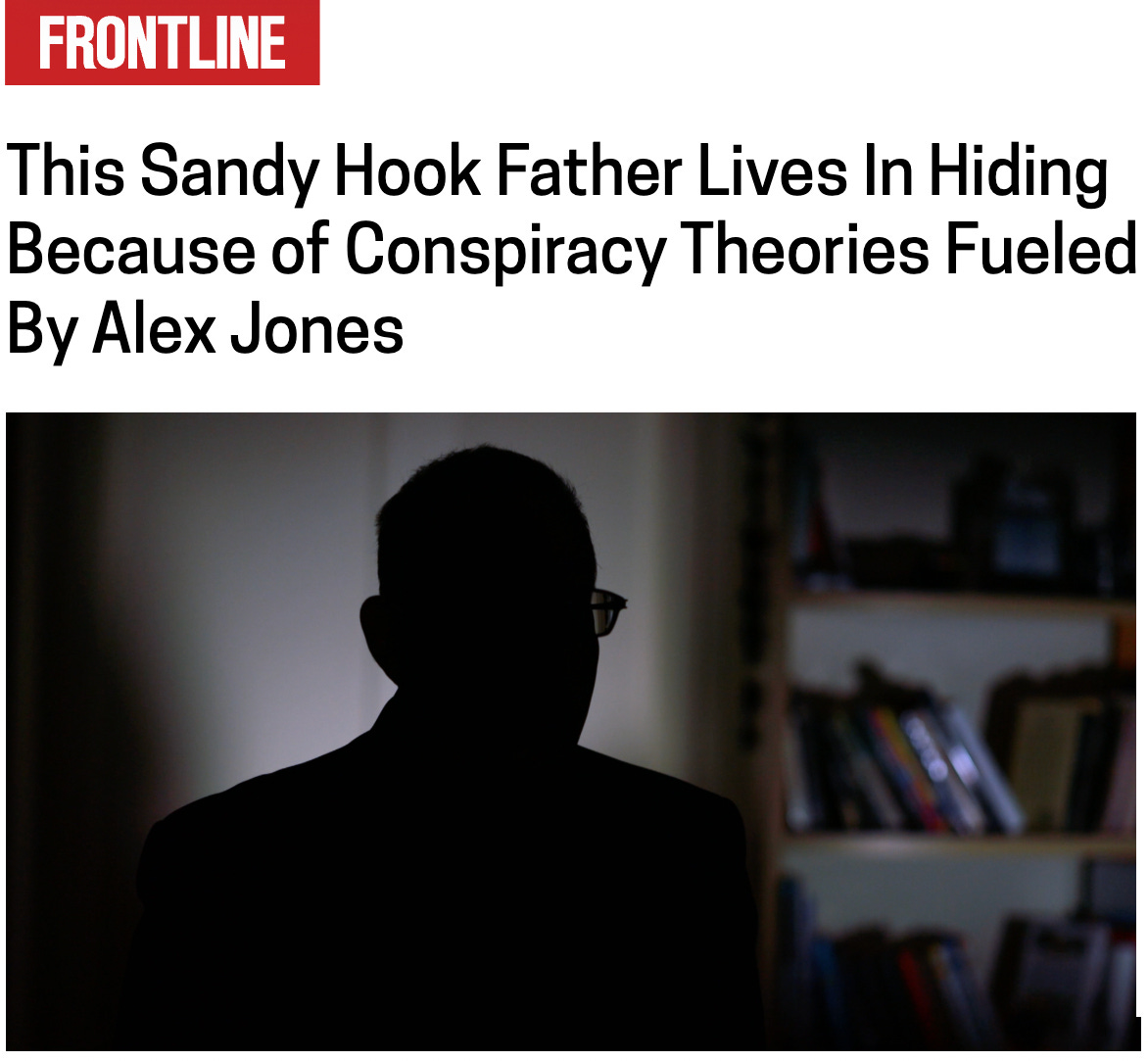How the HONR Network took time off from fighting hate to suppress my book
Tales from indie publishing

So there I was, sitting in my home in spring, 2021. I had just received a box of my first book to be published by someone other than myself. New Age Grifter: The True Story of Gabriel of Urantia and his Cosmic Family would be available to the wider public any day now. The book was a labor of love; all indie books have to be, since they never make any money. And my publisher Feral House had done a great job of helping me see the project through during the height of the COVID lockdown era. I was pretty excited.
Then, a knock on the door — it was FedEx, with a cease-and-desist letter from a lawyer representing the subject of the book, the Global Community Communications Alliance. It seems (and this is only an educated assumption) that the sect had waited until the last minute to express their concern over the copyright over some of the book’s content.
I called the publisher. They had lawyers, they said, and they could handle it. No problem.
Twenty-four hours later, it’s another beautiful spring morning. I could hear birds chirping in my front yard while I made a pot of coffee, thinking about ways to drum up interest in my book.
Then, another knock on the door. It was FedEx again, with a cease-and-desist letter from the same lawyer, with the same letterhead, this time ostensibly representing Sanskrita DellErba — Gabriel’s daughter, who I had interviewed extensively. I sent her a copy of the book, at her request, pre-publication, which ended up in the lawyers’ hands. Some of the information I disclosed, according to the second cease-and-desist letter, was an invasion of Sanskrita’s privacy.
As a result of this pressure, Feral House paused the release of the book to assess the legal standing. This took forever (lawyers!) and by the time the book was eventually published in August, the momentum was lost. Now the book is a weird sort of curio, a resource for people with friends or loved ones in the GCCA’s fenced-in compound in Southern Arizona, but whatever chance it had at reaching a larger audience was effectively quashed.
While the lawyers — the publisher’s and the cult’s — fought it out (“fought it out” is probably the wrong image; they moved as slow as molasses, as lawyers do) I started hearing from people who had interviewed me about the book that they were receiving cease-and-desist emails of their own.

The HONR Network was founded by Lenny Pozner after his six-year-old son Noah was killed in the Sandy Hook Elementary School shooting. The organization had earned a reputation for combating online harassment of tragedy survivors and families, particularly those targeted by conspiracy theorists like Alex Jones.
As you can imagine, everyone — the publisher, myself, and various news outlets who had interviewed me about the book — was very confused when they started receiving letters from the HONR Network, chastising them for picking on poor Gabriel and his followers.
The emails were sent by Alexandrea Merrell, who identified herself as the Director of Public Relations and Policy for HONR. The message began by recounting the organization's origins and Pozner's tragic loss (establishing moral authority) before claiming that my book posed a threat to the safety of the GCCA’s membership. Jessica Parfrey, my publisher, later described receiving this email as a “gut punch.” The implied association with Sandy Hook deniers and harassers was devastating.
When these initial claims failed to halt the book's publication in the US, the tactics evolved. Subsequent communications from Merrell raised concerns about copyright infringement related to the book's cover image.
This approach proved effective. The book's UK distributor withdrew New Age Grifter. Media outlets covering the book received similar communications. Ken Silverstein, a journalist who interviewed me, was told by HONR to pull our conversation from his news site Washington Babylon (to his credit, he ignored the cease-and-desist). Legs McNeil’s website Please Kill Me pulled a feature I had written after receiving a DMCA copyright strike signed by Lenny Pozner himself. Even respected author Jared Yates Sexton put an interview we conducted behind a paywall rather than risk confrontation with the cult's lawyers.

The campaign against my book featured a concerning pattern of coordination between different entities. My publisher noted that communications came from both the HONR Network and Orndee PR, a PR firm owned by Alexandrea Merrell. Meanwhile, the cult’s lawyer (Maria Crimi Speth of Jaburg and Wilk) continued to pile on.
It seems that Lenny Pozner, the Sandy Hook parent who lost his son in the tragedy, was not informed about the extent of the campaign against my book. While he acknowledged that the Gabriel of Urantia case was one that “Alex worked more on than anyone else,” and that communication from the cult came through her, he stated he was initially unaware of the book being targeted. He later recalled the copyright complaint about the cover image, noting they “did what they could” to stop the book, but “didn't have much to go on other than the cult not liking what was said.”
With the help of a journalist colleague named Jesse Hicks (he was the one who spoke to Lenny Pozner), I dug deeper into the background of the person spearheading the campaign against my book.
The trail begins in Wisconsin in 2000, where Merrell (then known as Alexandrea DeLauren-Smith) was CEO of PracticallySold.com, which announced a UK call center operation in Onalaska. Instead of the promised business venture, she was subsequently arrested for felony check fraud. A criminal complaint alleged more than 115 bad checks totaling $26,000 were issued from First Federal Bank in La Crosse. According to former employees, Merrell instructed them to cash checks at grocery stores rather than banks, explaining this would create a delay that allowed time for funds to be deposited — a classic check-kiting scheme.
When she failed to appear in court, a felony arrest warrant was issued on November 11, 2000. Eventually, on April 26, 2002, she pleaded guilty to two felony counts and three misdemeanor counts of passing worthless checks. She was sentenced to a diversion program, ordered to make restitution, and spent several months incarcerated.
This was not an isolated incident. On February 6, 2001, using the alias Vivian Smith, Merrell and an accomplice were charged with second-degree commercial burglary and forgery for attempting to pass a counterfeit check at a Walmart in Rancho Cucamonga, California. After pleading guilty and spending 13 days in jail, she failed to appear for her next hearing, resulting in a $20,000 bench warrant. According to attorney Marc Randazza (when we spoke in 2023), this warrant remains active.
Merrell’s apparent attempt to flee the consequences of her actions was thwarted on November 14, 2001, when “Andrea Carroll DeLauren” was arrested by Customs at JFK airport while attempting to leave the country. She was turned over to JFK Port Authority Police and held on $2,500 bond.
The pattern continued in the real estate sector. In 2003, under the name Alexandrea Stewart, she founded Practically Rented, a service emailing NYC apartment listings for a $195 annual subscription fee. The New York Post reported that “dozens of former customers have complained” about being ripped off. When confronted, Merrell claimed Visa and Mastercard had frozen 70 percent of the company's assets to grant customer refunds, forcing her to take out personal loans.
In a particularly brazen move, Merrell claimed Craig Newmark, owner of Craigslist, was an owner of her company — a claim Newmark explicitly denied, stating his involvement was limited to removing defamatory posts about her from his website.
I called one former Practically Rented employee, who I am keeping anonymous. Upbeat when she answered the phone, her tone changed when I mentioned Merrell: “I’m sorry,” she said. “No.” She repeated this word four times, although I hadn’t asked any questions yet, collecting herself before continuing: “I’m sorry. I’m not available, okay? I gotta go. Thank you.” She hung up the phone before I could get in another word.
Around 2003, Merrell moved operations to the UK and set up 4Rent Magazine. A former employee reported working for nine weeks without payment, while a director of First People Solutions claimed Stewart had not paid their 20,000 pounds fee and had begun litigation. The director called her a “total nightmare and shouldn't be allowed to do business.” By September 2004, the Daily Record in Glasgow ran an investigation into this real estate scam.
More recently, on April 20, 2016, Merrell filed for bankruptcy. On December 14, 2016, she was ordered to pay $3,012 to a former landlord who sued her in bankruptcy court to prevent discharge of the debt. The documentation suggests regular financial instability, including monthly overdraft fees, hardly the profile of the high-priced, powerful PR agent she presents herself as.
If anything, the unlikely alliance between a religious sect and an anti-cyberbullying organization illustrates how corruption makes strange bedfellows. Despite the coordinated efforts of cult leadership, questionable PR operatives, and slow-moving lawyers, the truth remains; even if sometimes it must stand alone. My book may have reached fewer readers than I’d like, but it exists as a resource for those who need it most: people with loved ones caught in Gabriel of Urantia's web. Truth, it seems, is both fragile and resilient. It is vulnerable, yet impossible to silence completely.



whew! just wow wow wow.
Oh, whatta tangled damn web, eh???
I recall a retired director of a state police force, possibly the Tennessee State Police, who had somewhere around 15 to 20 or more years investigating crimes as a police officer, who decided to investigate the Sandy Hook incident not too long after it occurred. He spent about a year on his own investigating Sandy Hook. He couldn't find one credible claim among the many claims made about Sandy Hook. It was all a hoax was his conclusion.